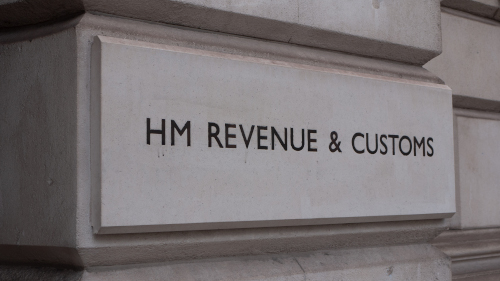HMRC steps up monitoring of R&D claims amidst rising fraud figures

Claiming tax relief for research and development has become harder as businesses claiming tax relief for research and development (R&D) will face stricter scrutiny, following the introduction of new rules this week.
This follows concerns from the HM Revenue and Customs (HMRC) about fraud and errors in R&D claims that reportedly cost the UK treasury an estimated £1.13 billion.
New requirements, which came into effect yesterday (8 August), necessitate businesses or their R&D advisers to complete an additional information form upon submitting claims. This move is not only to evaluate the validity of the claim promptly but also to assess the expertise level of the R&D agent employed by the business.
The intensified regulations were prompted by an alarming HMRC report. In the fiscal year 2020-21, there was a staggering £1.04bn of incorrect or fraudulent claims under the SME scheme. Particularly concerning was the construction sector, where £110 million of the claims were flawed, and only 38% of R&D claims by SMEs were found compliant.
Overall, HMRC deduced that a substantial 16.7% of total claims across both existing R&D tax relief schemes, namely the SME and the Research and Development Expenditure Credit (RDEC), were either erroneous or fraudulent. This figure contrasts sharply with a previously estimated 3.6% non-compliance rate.
The insights from the HMRC report will be instrumental in risk-profiling claims based on the claim’s size and business sector.

Eyad Hamouieh
Eyad Hamouieh, an R&D tax partner at BDO, commented: “For the many businesses that are genuinely carrying out groundbreaking R&D, the changes being introduced from today may seem overly bureaucratic, particularly for large groups submitting multiple claims. However, given the high estimated levels of error and fraud associated with R&D claims, it’s no great surprise that HMRC is keen to clamp down on non-compliance.
“Businesses involved in R&D will need to ensure they are clearly demonstrating their qualifying activities to HMRC. Failure to do so may mean they run the risk of an HMRC enquiry. The department has recently added 300 new officers to its R&D team which suggests it’s getting serious about stamping out error and fraud.”
Today’s changes are a prelude to further reforms to the UK R&D regime. Last month, the government unveiled draft legislation which proposes to merge the two current schemes - the Research and Development Expenditure Credit (RDEC) and the small or medium enterprises (SME) R&D relief.
The aim of the single R&D relief scheme is to achieve tax simplification, including having a single set of qualifying rules as well as control the overall cost to the Exchequer.
Mr Hamouieh added: “The introduction of new rules from today will pose significant challenges for businesses carrying out R&D. Further reforms to merge the two current schemes into one from April 2024 may be the right approach, but there is a danger of going ‘too far too fast’. This could create more uncertainty and result in the UK becoming less attractive to inward investors.”







